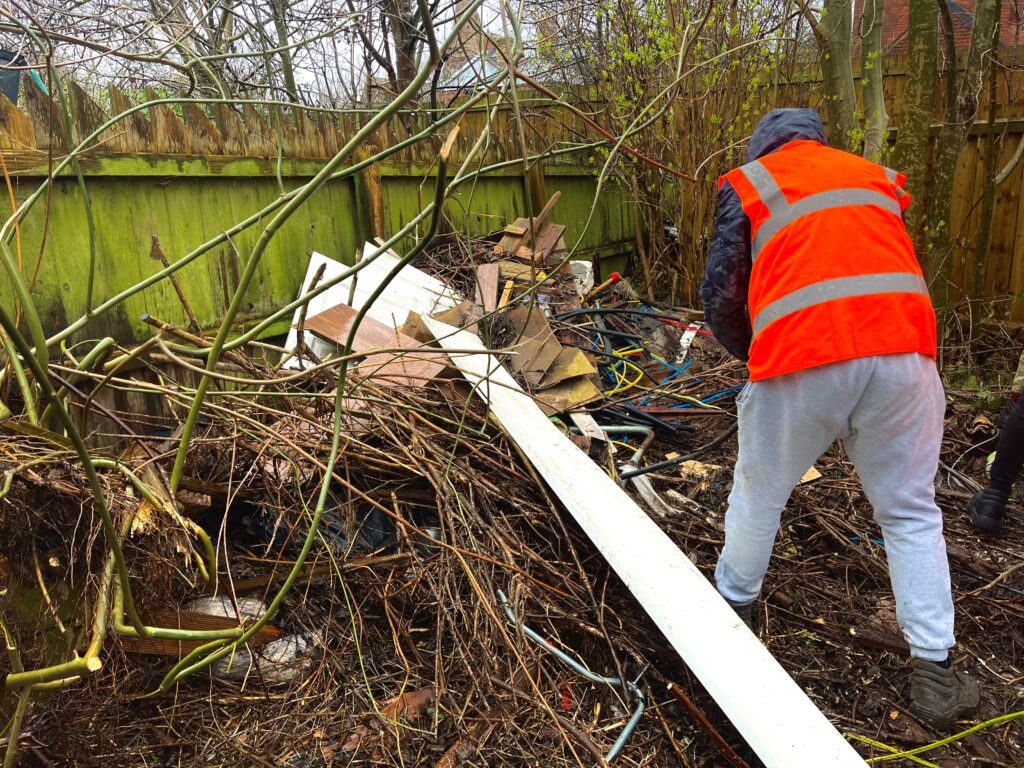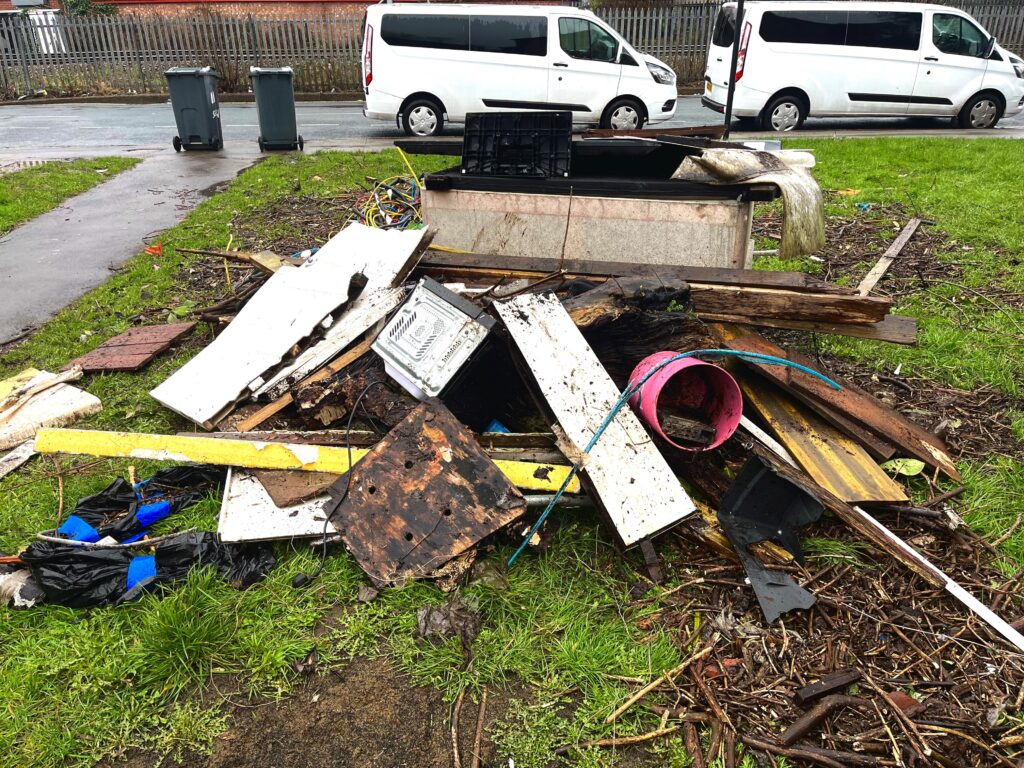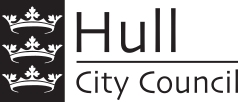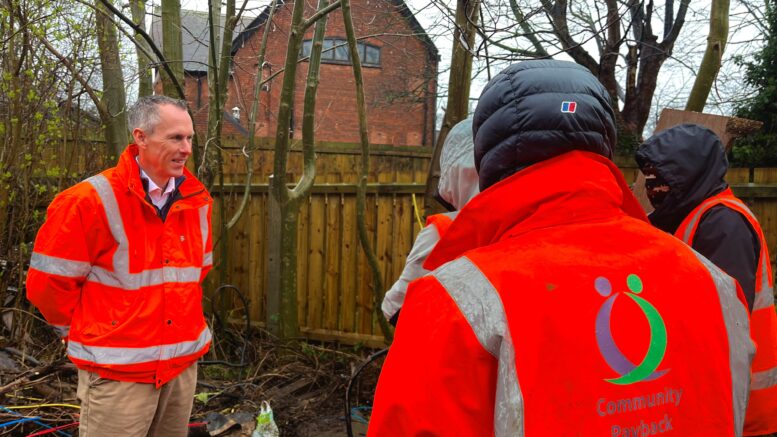Hull City Council is proud to participate in the second phase of ‘Project Clean Streets’, an initiative that aims to transform communities and combat anti-social behaviour.
With phase one of the Government led project proven to be a huge success in Wales, the North East, the East of England, and Greater Manchester regions, phase two will now take place in Yorkshire and the Humber and West Midlands, through Hull, Doncaster, and Coventry.
Phase two has now commenced, and is now in unison with phase one, where offenders have completed thousands of Unpaid Work hours as part of their community sentences.
The project will see Rapid Deployment teams – made up of offenders serving Unpaid Work sentences in Hull – called to swiftly clean up instances of graffiti, fly-tipping, vandalism, and littering across the city.

The teams will attend and complete all work within 48 hours of a referral being made to the Probation Service.
It is hoped that this project gives residents a sense of pride in their communities and addresses anti-social behaviour head-on.
Councillor Mike Ross, leader of Hull City Council, said: “Anti-social behaviour is a blight on our city and can leave neighbourhoods feeling un-cared for.
“The deployment teams will swiftly deal with instances of fly-tipping, vandalism, and littering, helping to restore community pride and ensure offenders are made to give back to the communities they have offended against.
“By channeling Community Payback sentences into positive action, we send a clear message that anti-social behaviour will not be tolerated. Together, a safer and cleaner environment can be created for all.”
Doug Sharp, Head of Waste Management and Street Cleansing, said: “Project Clean Streets amplifies our commitment to restorative justice. Offenders will actively participate in the transformation of our neighbourhoods, fostering a sense of responsibility and accountability.
“Also, by supporting communities and cleaning up areas that look unloved, we hope residents will feel proud of where they live.
“By directing the deployment teams to locations that fall outside of the Council’s cleansing remit, this will help keep areas tidy that would otherwise appear uncared for.”

Each year, courts across the UK hand down more than 50,000 Unpaid Work requirements to punish offenders for crimes including theft, criminal damage, and alcohol-related incidents.
Offenders can expect to complete anything from 40 to 300 hours of Community Payback, depending on how serious their crime was.
This is a visible punishment that tangibly improves local areas that have been harmed by crime and allows the public to see justice being done, whilst providing the opportunity for offenders to learn new skills and increase their employability.
Mervin Clarke, Community Payback Operations Manager for Hull and East Riding, said: “The roll out of Rapid Deployment across Hull gives people on Probation the chance to undertake work which offers reparation to the communities across Hull.
“The project makes a real difference to the places where our people live, and I am excited to see the project expand,”
For more information about this project, email loveyourstreetproject@hullcc.gov.uk
For more information about Community Payback, visit Community sentences: Community Payback – GOV.UK (www.gov.uk)




